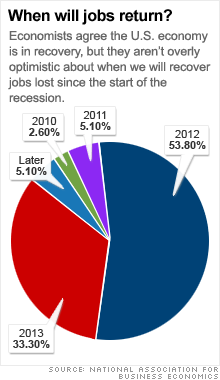
According to retail-pricing expert and partner at marketing consultants, this year more retailers are trying to sell products using an actual dollar price point, versus a certain percentage discount. This would show a much larger decrease for a higher priced item than a cheaper item. Also, using facebook and twitter can give you updates on sales on Black Friday, as long as an iPhone application that will scan the barcode and tell you if it can be sold for cheaper anywhere else.
Another way to find deals and avoid the traffic and lines, is to shop online. The day after Thanksgiving the malls were packed, but there was no reason you had to go there to get the benefit of the deals. Plenty of sites offer coupon codes for online and brick-and-mortar retailers.
However, despite all of the frenzy and craze associated with “Black Friday”, many people showed up but did not open their wallets as much as last year. Spending went down and as a result, many stores will probably have to add additional discounts to ensure their Christmas inventory gets sold.
Sources:
http://money.cnn.com/2009/11/25/pf/saving/hot_black_friday_deals/index.htm
http://money.cnn.com/2009/11/24/pf/saving/shop_online/index.htm
http://www.time.com/time/business/article/0,8599,1943398,00.html







































